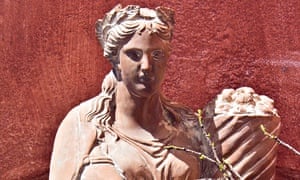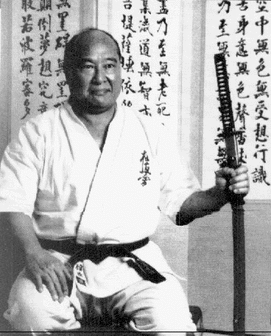Herkules IST ein SOTER (Sotiras, Erlösergott), Jesus hat eine Menge von ihm übernommen.
ich korrigiere, nicht Jesus, sondern die selben haben Jesus das zugeschrieben....
Herkules IST ein SOTER (Sotiras, Erlösergott), Jesus hat eine Menge von ihm übernommen.



die ersten Schwimmer waren bestimmt auch Hellenen....
Eher die ersten Taucheinheiten.

Das erste Lehrbuch der Algebra stammt vom Griechen Diophant von Alexandrien (bei dem sich die Wissenschaft nicht einig ist, wann zwischen 100 v.Chr. und 350 n.Chr. er geboren wurde), ein weiteres vom indischen Mathematiker Aryabhata aus dem 5. Jh.

Ich finde diese Denkmale von den Antiken Griechen (Hellenen) sehr schön. Es ist aber streng zu unterscheiden, das die heutigen Neugriechen (Völkergemisch) die sich gleich wie die antiken Griechen (Hellenen) nennen kaum etwas gemeinsames haben.
Die Neugriechen nennen sich einfach Griechen (Hellenen) so wie ein antikes Volk Namens Griechen (Hellenen). Es besteht überhaupt keine Kontinuität. Danke für Rücksichtsnahme.
Bitte spam hier nicht.
Es gibt andere Threads, aus welchen Du Deine hochwertige Kultur & Zivilisation vorstellen kannst.
Bisher war ich regelmäßig beeindruckt von den vorgestellten Leistungen der Eigenkultur anderer User.
Oder gehörst auch Du zu den Spam- und Beleidigungsbeauftragten des Forums?

Folge dem Video um zu sehen, wie unsere Website als Web-App auf dem Startbildschirm installiert werden kann.
Anmerkung: Diese Funktion ist in einigen Browsern möglicherweise nicht verfügbar.
Wir verwenden essentielle Cookies, damit diese Website funktioniert, und optionale Cookies, um den Komfort bei der Nutzung zu verbessern.
Siehe weitere Informationen und konfiguriere deine Einstellungen